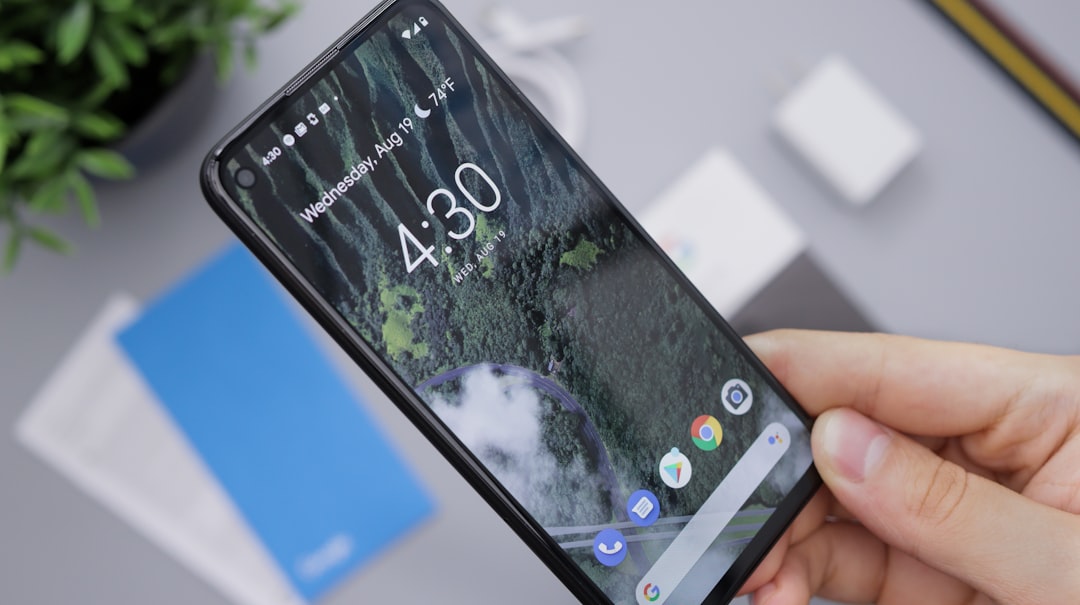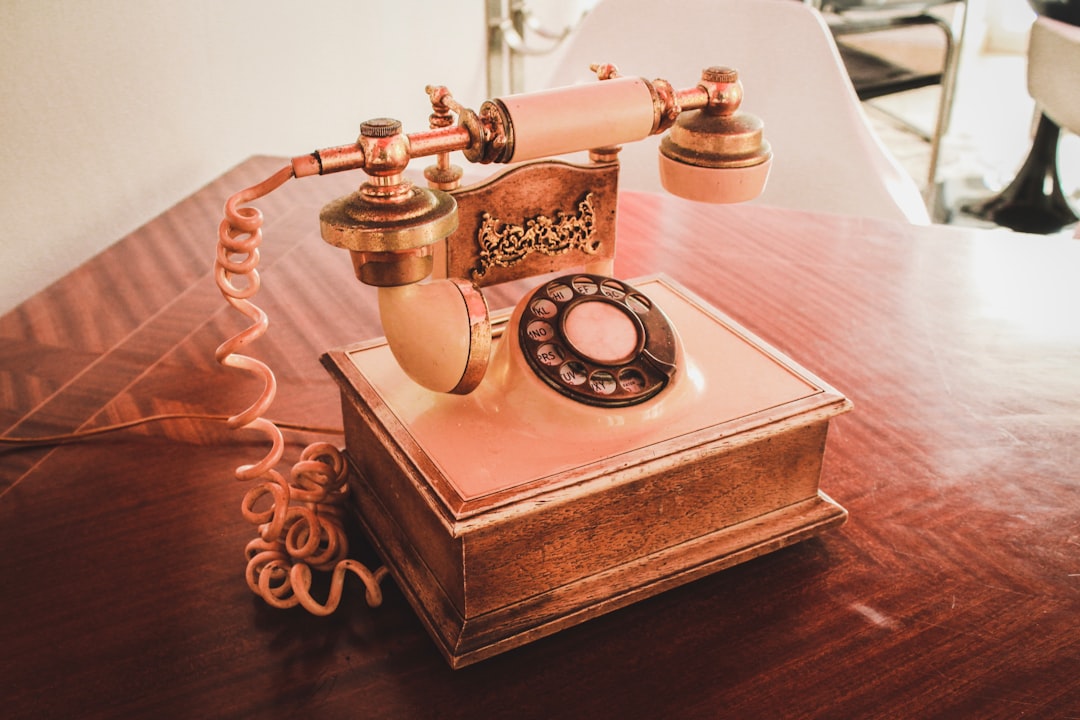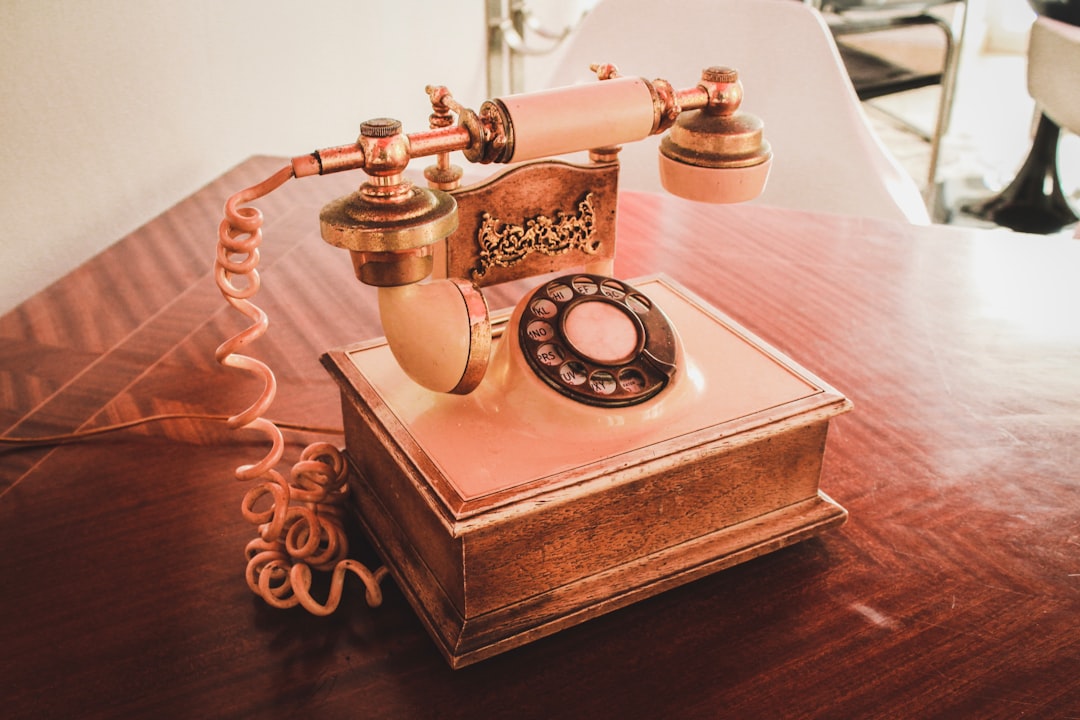Virginia's phone privacy rights stem from its colonial legal heritage and historical sites like Stratford Hall, which have long protected individual liberties, including against unsolicited communications. The 20th century introduced spam call laws, and today, specialized spam call law firms in Virginia continue this tradition by safeguarding citizens from abusive telemarketing practices. These firms empower residents to control their communication channels and navigate legal options, fostering a sense of security in the digital landscape. Stratford Hall serves as a historical testament to the evolution of privacy rights, highlighting the ongoing battle between individual privacy and technological advancements that has led to stricter spam call laws.
Montross’ Stratford Hall, a historic site steeped in Virginia’s legal tradition, offers unique insights into our evolving phone privacy rights. This article explores the complex history of mobile privacy in the state, focusing on the rise of nuisance spam calls and their societal impact. We delve into how Stratford Hall contributed to shaping privacy laws and examine its modern relevance as a prominent spam call law firm in Virginia navigates this persistent issue.
Historical Background of Phone Privacy in Virginia
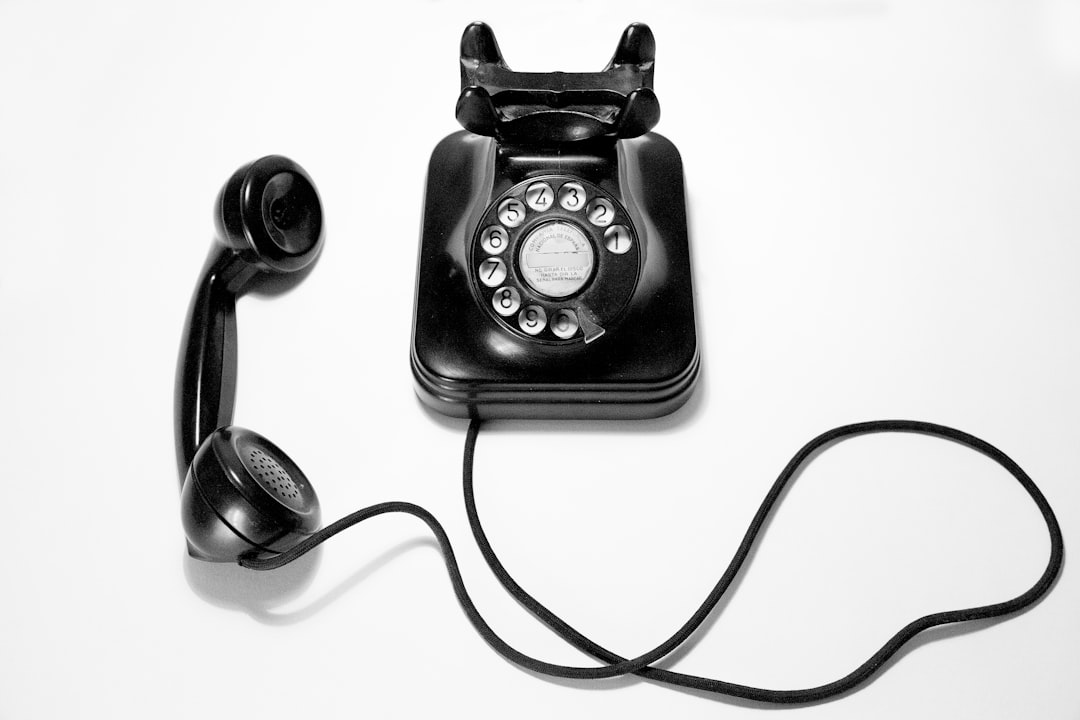
In Virginia, the historical context of phone privacy rights is deeply rooted in the state’s rich legal heritage. The Commonwealth has long been at the forefront of protecting individual liberties, including the right to privacy. This tradition extends back to the establishment of Stratford Hall, a historic site that stands as a testament to the region’s colonial past and the legal frameworks that shaped its society. During the colonial era, Virginia faced numerous challenges related to communication privacy, particularly with the rise of postal services and public announcements. As a result, laws were enacted to safeguard citizens from unsolicited communications, setting a precedent for future privacy regulations.
The evolution of phone privacy in Virginia gained significant momentum in the 20th century, especially with technological advancements. The state’s response to the increasing problem of spam calls led to the establishment of robust legal frameworks designed to protect residents from unwanted telephone solicitations. Today, Virginia’s approach to phone privacy is further reinforced by a thriving legal community focused on defending citizens’ rights, including those against abusive call practices. This historical background underscores the state’s commitment to maintaining a balance between commercial interests and individual privacy rights, particularly in the digital age where new forms of communication have introduced fresh challenges for privacy protection.
The Emergence of Spam Calls and Their Impact
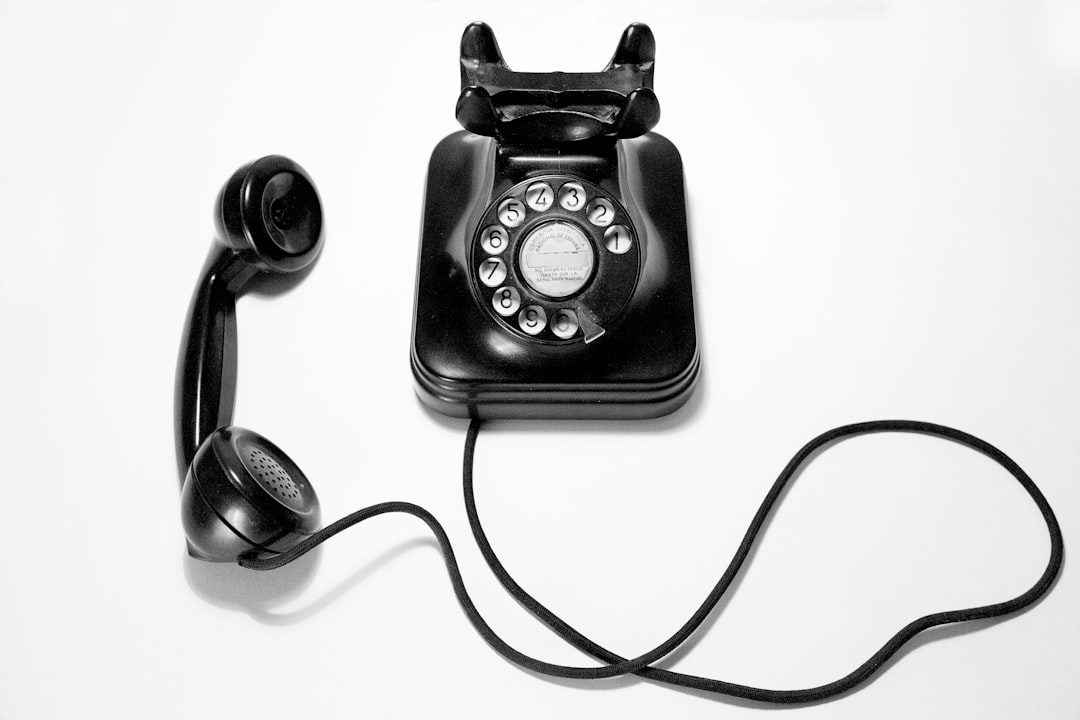
In recent years, the rise of spam calls has become a growing concern for residents across Virginia and beyond. With advancements in technology, telemarketers now employ sophisticated methods to target consumers, often invading their personal privacy. These unwanted phone calls, filled with pre-recorded messages or automated scripts, have led to significant frustration among individuals seeking respite from persistent and intrusive marketing attempts. As a result, many states, including Virginia, have taken measures to combat this issue by implementing spam call laws designed to protect citizens’ rights to peace and quiet.
A spam call law firm in Virginia plays a crucial role in advocating for these privacy rights. They assist individuals in understanding their legal options and offer guidance on how to effectively block or report unwanted calls. By holding telemarketers accountable, these firms ensure that consumers can enjoy their personal time without the constant bombardment of marketing messages. This not only helps reduce the overall stress levels of residents but also fosters a sense of security and control over one’s communication channels.
Stratford Hall's Role in Shaping Privacy Laws
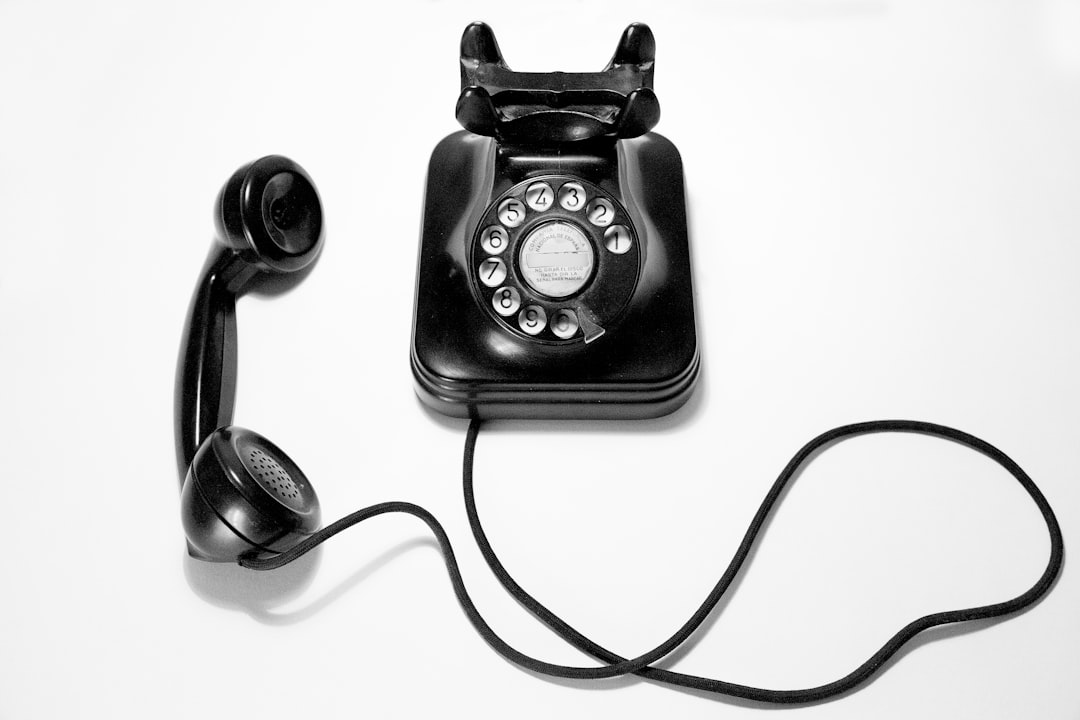
Stratford Hall, a historic landmark in Montross, Virginia, holds more than just cultural significance; it serves as a tangible link to our nation’s privacy rights evolution. This grand estate was once a gathering place for influential figures who shaped American law and society. Today, it stands as a reminder of the ongoing battle between individual privacy and technological advancements.
The hall’s historical relevance became particularly prominent with the rise of communication technologies, including telephone systems. As spam call issues started to plague residents in Virginia and beyond, the need for stricter privacy regulations grew. The discussions and debates that took place within these historic walls contributed to the eventual enactment of laws aimed at protecting citizens from unwanted communications. Thus, Stratford Hall’s role as a historical site offers a unique perspective on how privacy concerns have driven legislative changes, especially in the context of modern spam call law firms Virginia relies on today.
Modern Implications: Spam Call Law Firm in Virginia

In today’s digital age, where communication has evolved exponentially, the issue of privacy remains a paramount concern. The historical context provided by Montross’ Stratford Hall offers valuable insights into the ongoing battle for phone privacy rights. This is particularly relevant in Virginia, which hosts several prominent spam call law firms. With the proliferation of unsolicited calls, these legal entities play a crucial role in upholding consumer protection laws, ensuring that individuals can enjoy their right to peace and quiet without constant interruptions.
The presence of such firms underscores the modern implications of historical privacy concerns. As technology advances, so do the tactics employed by telemarketers and spammers. Virginia’s stringent regulations and active legal community serve as a bulwark against these intrusive practices, reflecting a broader societal effort to balance the benefits of connectivity with the need for personal space and security.
